Filter by
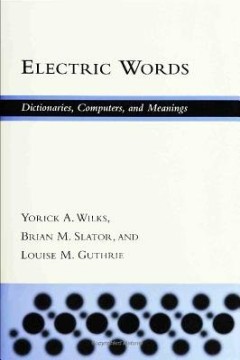
Electric Words: Dictionaries, Computers, and Meanings
"A Bradford book."The use of computers to understand words continues to be an area of burgeoning research. Electric Words is the first general survey of and introduction to the entire range of work in lexical linguistics and corpora -- the study of such on-line resources as dictionaries and other texts -- in the broader fields of natural-language processing and artificial intelligence. The auth…
- Edition
- -
- ISBN/ISSN
- 9780262286244
- Collation
- 1 online resource (viii, 289 pages) :illustrations.
- Series Title
- -
- Call Number
- -
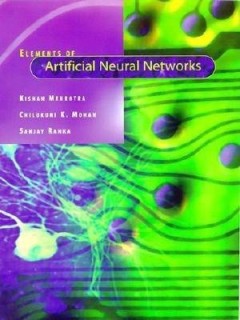
Elements of Artificial Neural Networks
"A Bradford book."OCLC-licensed vendor bibliographic record.
- Edition
- -
- ISBN/ISSN
- 9780262279628
- Collation
- 1 online resource (xiv, 344 pages) :illustrations.
- Series Title
- -
- Call Number
- -
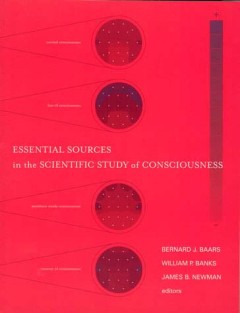
Essential Sources in the Scientific Study of Consciousness
"A Bradford book."Consciousness is at the very core of the human condition. Yet only in recent decades has it become a major focus in the brain and behavioral sciences. Scientists now know that consciousness involves many levels of brain functioning, from brainstem to cortex. The almost seventy articles in this book reflect the breadth and depth of this burgeoning field. The many topics covered…
- Edition
- -
- ISBN/ISSN
- 9780262267502
- Collation
- 1 online resource (xiii, 1192 pages) :illustrations
- Series Title
- -
- Call Number
- -
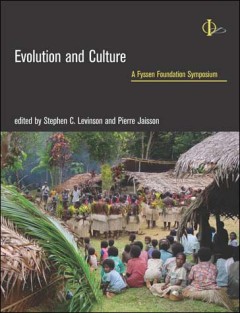
Evolution and Culture: A Fyssen Foundation Symposium
OCLC-licensed vendor bibliographic record.
- Edition
- -
- ISBN/ISSN
- 9780262316224
- Collation
- 1 online resource (xvii, 296 pages) :illustrations.
- Series Title
- -
- Call Number
- -
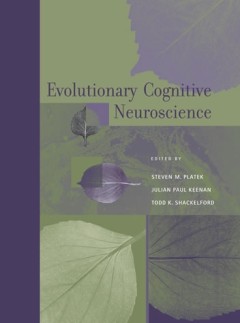
Evolutionary Cognitive Neuroscience
An essential reference for the new discipline of evolutionary cognitive neuroscience that defines the field's approach of applying evolutionary theory to guide brain-behavior investigations.OCLC-licensed vendor bibliographic record.
- Edition
- -
- ISBN/ISSN
- 9780262281669
- Collation
- 1 online resource (xix, 616 pages) :illustrations.
- Series Title
- -
- Call Number
- -
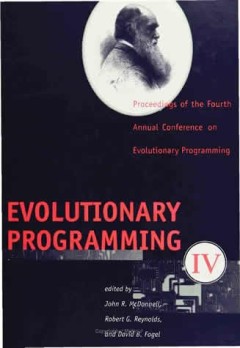
Evolutionary Programming IV: Proceedings of the Fourth Annual Conference on E…
"A Bradford book."March 1-3, 1995, San Diego, California Evolutionary programming is one of the predominate algorithms withing the rapidly expanding field of evolutionary computation. These edited contributions to the Fourth Annual Conference on Evolutionary Programming are by leading scientists from academia, industry, and defense. The papers describe both the theory and practical application …
- Edition
- -
- ISBN/ISSN
- 9780262290920
- Collation
- 1 online resource (xx, 805 pages) :illustrations.
- Series Title
- -
- Call Number
- -
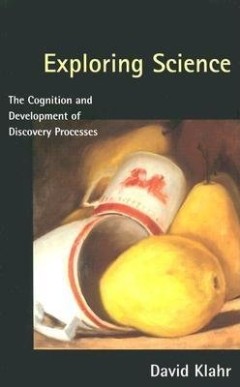
Exploring Science: The Cognition and Development of Discovery Processes
"A Bradford book."OCLC-licensed vendor bibliographic record.
- Edition
- -
- ISBN/ISSN
- 9780262277228
- Collation
- 1 online resource (xvi, 239 pages) :illustrations
- Series Title
- -
- Call Number
- -
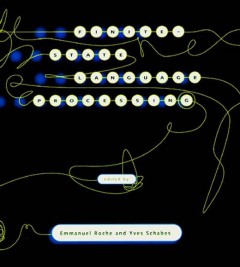
Finite-state language processing
"A Bradford book."Finite-state devices, which include finite-state automata, graphs, and finite-state transducers, are in wide use in many areas of computer science. Recently, there has been a resurgence of the use of finite-state devices in all aspects of computational linguistics, including dictionary encoding, text processing, and speech processing. This book describes the fundamental proper…
- Edition
- -
- ISBN/ISSN
- 9780262290951
- Collation
- 1 online resource (xv, 464 pages) :illustrations.
- Series Title
- -
- Call Number
- -
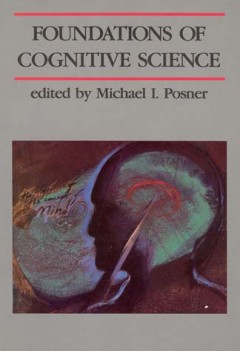
Foundations of cognitive science
"A Bradford book."What is cognitive science? Foundations of Cognitive Science answers this question in a way that gives a feeling for the excitement, ferment, and accomplishments of this new field. It is the first broad treatment of cognitive science at an advanced level.Complete and authoritative, Foundations of Cognitive Science covers the major architectures; provides background in philosoph…
- Edition
- -
- ISBN/ISSN
- 9780262281805
- Collation
- 1 online resource (xiv, 862 pages) :illustrations
- Series Title
- -
- Call Number
- -
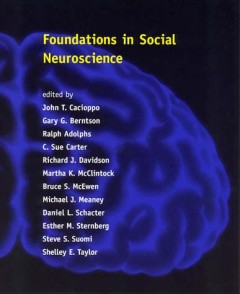
Foundations in Social Neuroscience
"A Bradford book."Annotation A full understanding of the biology and behavior of humans cannot be complete without the collective contributions of the social sciences, cognitive sciences, and neurosciences. This book collects eighty-two of the foundational articles in the emerging discipline of social neuroscience. The book addresses five main areas of research: multilevel integrative analyses …
- Edition
- -
- ISBN/ISSN
- 9780262269674
- Collation
- 1 online resource (xii, 1345 pages) :illustrations.
- Series Title
- -
- Call Number
- -
 Computer Science, Information & General Works
Computer Science, Information & General Works  Philosophy & Psychology
Philosophy & Psychology  Religion
Religion  Social Sciences
Social Sciences  Language
Language  Pure Science
Pure Science  Applied Sciences
Applied Sciences  Art & Recreation
Art & Recreation  Literature
Literature  History & Geography
History & Geography